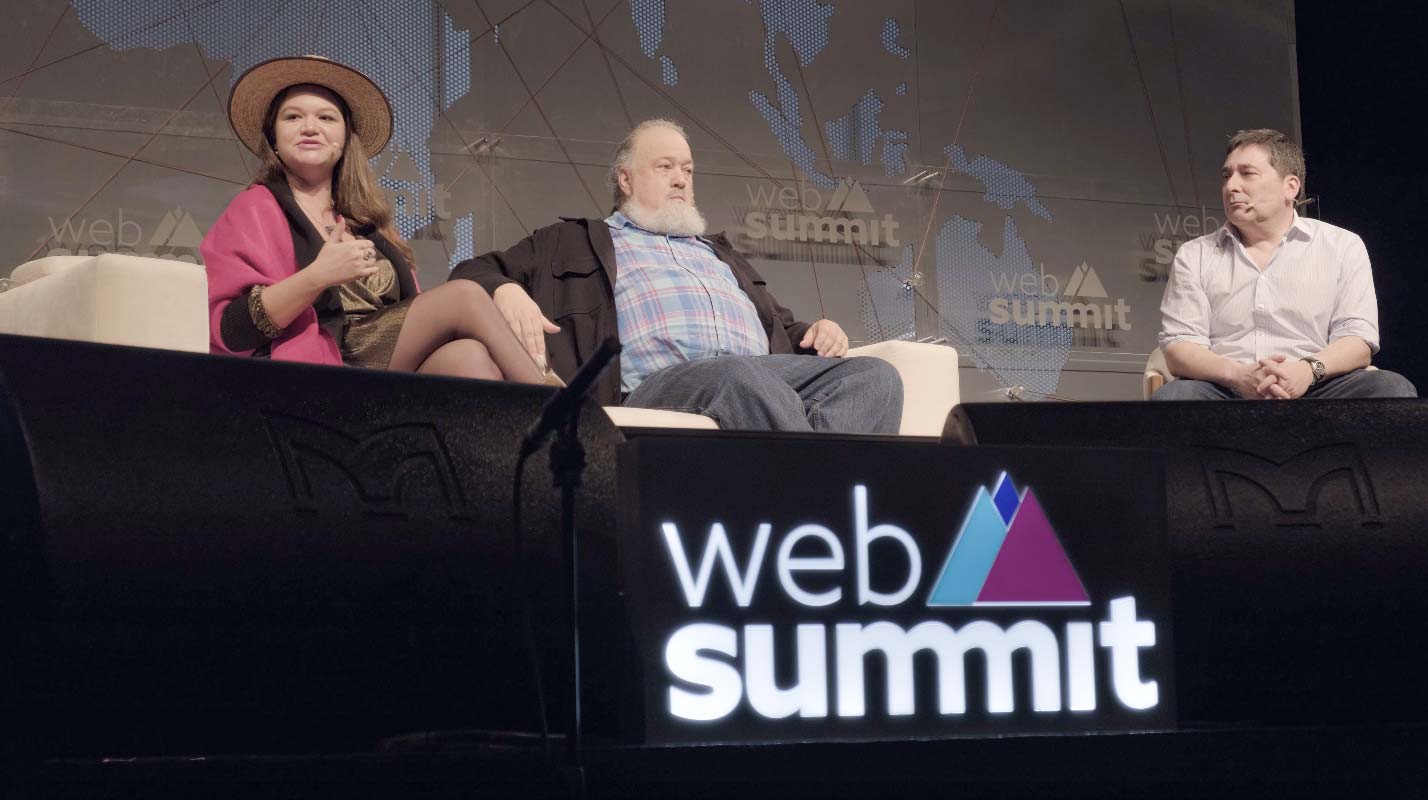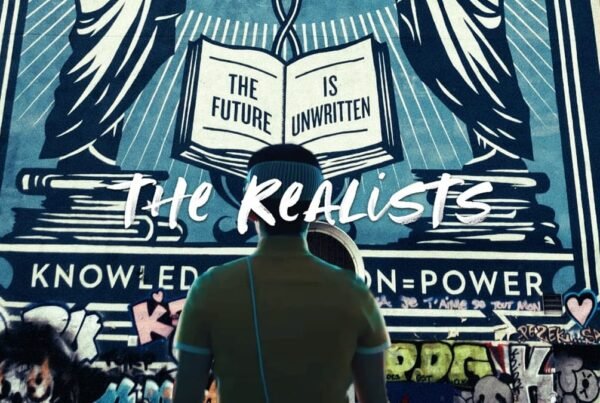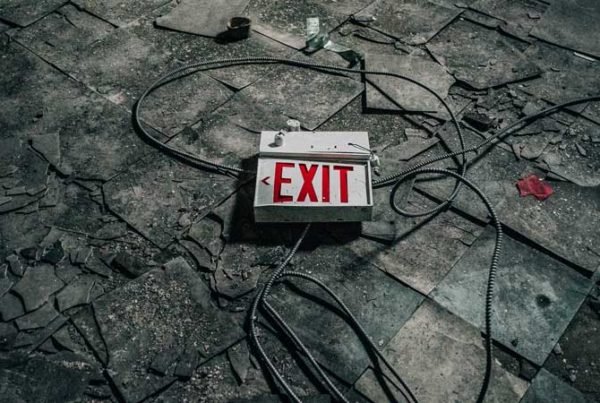- Are you worried about your privacy and data about you that may be circulating online?
- Did you have a Facebook account before April 2015?
If you answered “yes” to these questions, then the revelations by former Cambridge Analytica employee Brittany Kaiser will interest you.
I attended two panel discussions at this year’s Web Summit that featured Ms. Kaiser. If you have watched the Netflix documentary The Great Hack, you might be familiar with her: after 4 years at the firm Cambridge Analytica, Kaiser made a 180° turn and has become a speaker and consultant on the issue of privacy and data rights.

Pictured left to right: Brittany Kaiser, David Chaum (Elixxir) and Joseph Menn (Reuters)
A psychological warfare firm that harvested millions of Facebook profiles
If you need a refresher on Cambridge Analytica, I’d like to offer a concise, yet powerful description of the firm by Christopher Wylie, an early employee-turned-whistleblower, from his brilliant book Mindf*ck: Cambridge Analytica and the Plot to Break America:
It’s June 2018, and I’m in Washington to testify to the US Congress about Cambridge Analytica, a military contractor and psychological warfare firm where I used to work, and a complex web involving Facebook, Russia, WikiLeaks, the Trump campaign and the Brexit referendum. As the former director of research, I’ve brought with me evidence of how Facebook’s data was weaponised by the firm, and how the systems they built left millions of Americans vulnerable to the propaganda operations of hostile foreign states.
Psychological warfare firm.
The Guardian and the New York Times wrote extensively about how Facebook data harvested by Cambridge Analytica was weaponized and used to target voters in the Brexit referendum and the 2016 presidential campaign. But crucially, most media coverage about the data harvesting has focused on those two political events, which are now 3 years old. Very little has been said about what has happened to the data of millions of people since then. This is precisely what Brittany Kaiser addressed at Web Summit last month:
I’m sorry to tell you but if you had a Facebook profile before April 2015 you can’t get your privacy back. That data has already been bought and sold and traded around the world and there’s no way out of the millions of databases that it’s probably on that you’re getting it back.
That’s the bad news.
The most valuable data
The kind of good news is that the value of that data keeps going down, as data sets harvested on Facebook some four years ago may be seen as obsolete. Kaiser explained:
When I talk about protecting data I talk about the data that I’m going to produce now and for the rest of the future… the data that my children and my grandchildren are going to produce. All of us here we cannot get our privacy back from the past. But you know what? The most valuable data sets are real time data, new data, so the data that we’re producing from here forward is going to be more valuable than everything previously in the past.
“The most valuable data sets are real time data.“
This is the reason why a pro-active approach to privacy, both online and offline is absolutely critical. Digital literacy is now more important than ever.
Privacy Resources: The Realists Blog
This autumn, I wrote several posts about the techniques I use to enhance my privacy both online and offline. If you need a refresher, here they are:
“Life under surveillance capitalism: act like a spy”
In this post I recommend buying a privacy screen, signal blocking pouch, microphone blocker and webcam and phone camera covers.
“Enhancing privacy on mobile devices”
In this post I give tips about the phone privacy settings I use, along with apps and VPN services that improve privacy.
“Minimizing your digital trail on a desktop computer”
The good news is that there is a lot you can do to enhance your privacy on a desktop computer, far more than on a smartphone. In this post I dicuss privacy-friendly browsers, plugins and software I use.
You may be asking yourself: all this sounds good, but the Cambridge Analytica scandal involved Facebook data. True. And for this very reason, I deactivated my Facebook account and completely emptied my Instagram account (I keep the latter active for disambiguation reasons). I didn’t outright delete my Facebook account for two reasons: in the eventuality of a class action lawsuit against the firm and also because Facebook famously tracks even non-users anyway (they call them phantom profiles). I know that for many people it’s incredibly hard to quit Facebook, so I didn’t mention my personal stance on Facebook in the previous posts. But yes, as an act or resistance and to further protect my privacy, I have personally checked out of Facebook and Instagram – and never looked back. It’s doable and full of rewards if you are ever so inclined.
One more thing:
If you enter your email address in the site haveibeenpwned.com, you can check if your email address has been compromised in a data breach.



